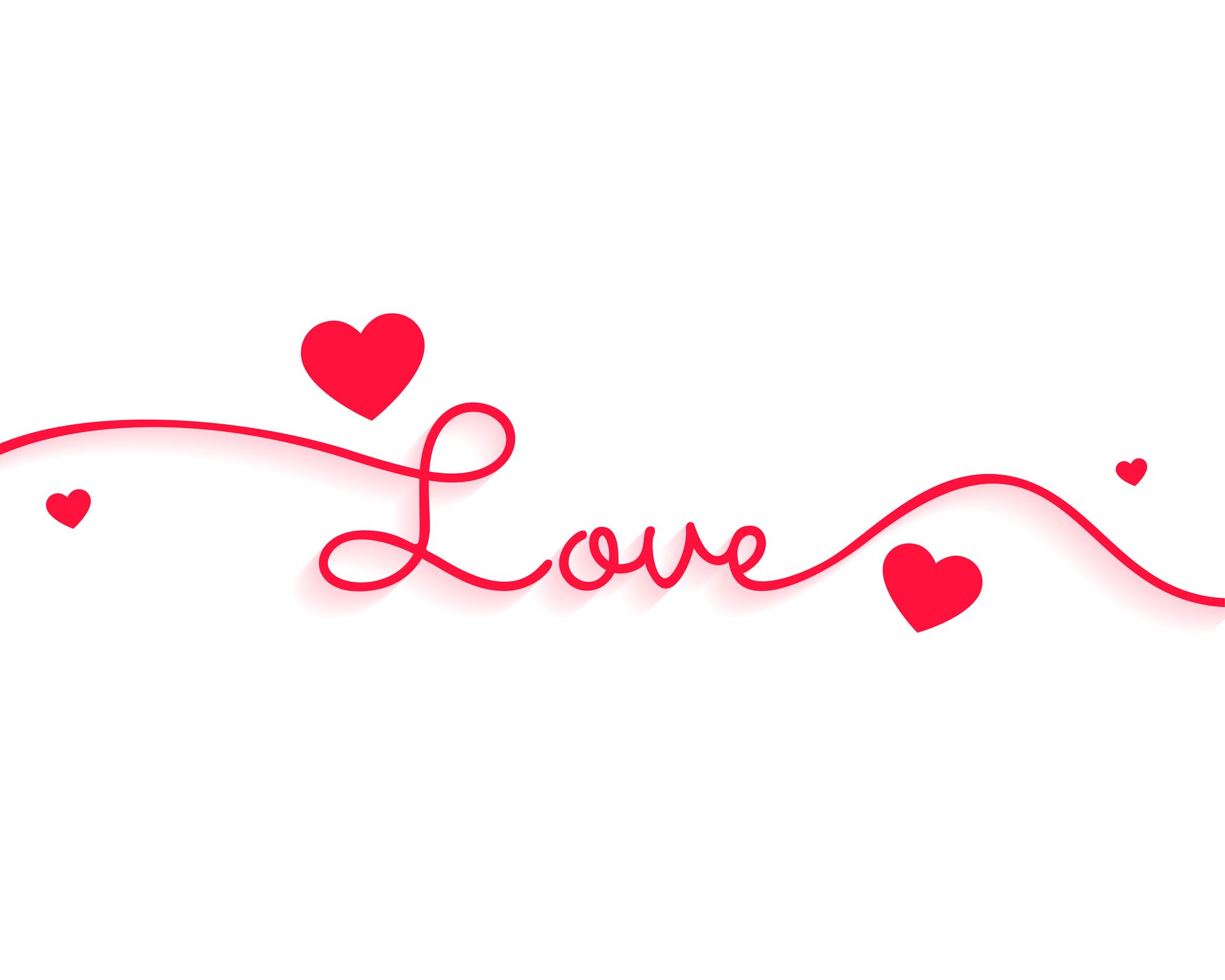Love Shouldn’t Hurt: Understanding & Dealing with Love Addiction
As human beings, we are all naturally wired to want the perfect relationship with someone who loves us for who we are and wants to spend their time with us. However, for some, this can be difficult to find or may lead to behaviour that causes concern to those around you.
But what is love addiction and is it a real thing?

What is Love Addiction?
Love addiction is focused on the human need for love and creates intense highs or lows within a person’s emotional state. These highs or lows can lead to unhealthy behaviours in a relationship that can put strain on the relationship leading to possible heartbreak and resentment.
It is perfectly normal to put your partner on a pedestal and even idolise your romance, but when this becomes one person falling in love with everything about their partner, including their detriments, this can indicate love addiction. Love addiction can be common in relationships where a partner is seen to be emotionally unresponsive or even abusive.
In some ways, love addiction is seen as a form of attachment disorder that displays as compulsive behaviours within a person.
Common Causes of Love Addiction
Due to the compulsive behaviours and inability to see a partner’s detrimental characteristics, people with an addiction to love can often find themselves in unhealthy and unstable relationships that are toxic for everyone involved. Sadly, this addiction can cloud judgement and a person struggling with it can find themselves unable to spot the red flags in their relationships in order to act appropriately.
Contributing Factors to Love Addiction
There are a number of factors that can contribute to someone finding themselves struggling with love addiction. These can stem from a number of previous events or moments in life that have caused pain or hurt.
- Traumatic Experiences & Childhood Trauma: due to unresolved trauma, someone with love addiction may find themselves emotionally incapable of loving another in a healthy way.
- Low Self-Esteem: having a low self-esteem can fuel the need to be needed and wanted. They can become heavily reliant upon their partner for happiness and without it can fall into unbearable heartache.
- Neglect: Childhood or previous traumatic attachments may lead to the need for a relationship t become stronger in fear of abandonment.
- Unstable Childhood Attachments: If someone has an unstable childhood attachment and found themselves craving love from an early age, they are driven by their unmet longing for love and relationships.
Patterns That Can Help Identify Love Addiction
As with all kinds of addiction, there are often signs and patterns in someone behaviour that can be an indication towards their struggles. Some of the patterns associated with love addiction can include:
- Fantasy and Intensity: When struggling with love addiction, there can often be a fantasy of being rescued by that perfect love they are craving. They are intensely focused on that person taking away their pain and making them feel safe, secure and worthy of love.
- Neediness and Obsessive Behaviour: the needy and obsessive behaviour can lead to your partner withdrawing from the relationship which then in turn creates further needy and obsessive behaviour out of fear of abandonment.
- Acting Out for Attention: When struggling with love addiction, there is a deep belief that your partner is perfect and will change. When they actually become distant, acting out becomes part of getting their attention back.
- Repeating Cycles: When the relationship is ended, it is not uncommon for the person struggling to completely U-turn and fight for their relationship back due to their need for that person.
Learning to Cope with Love Addiction
If you or someone you know is showing identifiable patterns of signs of love addiction, there are methods which they can help learn to cope with love addiction and find a better, healthier love.
With every form of addiction, the first step is to acknowledge the patterns and behaviours displayed and where they stem from. You can then learn to accept reality, including that relationships have been unhealthy, repeating cycles doesn’t solve problems, accept relationships are over and that your partner was not going to change, and let go of the fantasy that has been clung onto for some long.
Once there has been acceptable and an understanding of the reality of situations, you can star to learn more about love addiction, understand why the idea of love is consuming you and find ways that can help you in the future.
With a deeper understanding of what love addiction is and ways in which you can cope with it, there will come an awareness of triggers. With this awareness and time to grow as an individual, you can then begin to invest in healthy and stable relationships in the future, remaining grounded in the present and avoiding a foggy fantasy.
Other coping techniques may include:
- Learning to be alone: spend some time alone. Learn and understand love addiction and be happy with how to manage these triggers.
- Investing in yourself: pursue self-growth and learn to love yourself. Take care of your own needs and find your own routine in life before investing in others.
- Relying on platonic relationships with family and friends: share with your loved ones and talk through your concerns and feelings with them.
Talk to New Leaf Today
If you or someone you know and love is struggling with love addiction, or displaying signs and behaviours that concern you, please contact New Leaf Recovery today.
Don’t let love become unhealthy! Love shouldn’t hurt; understand love addiction more today.

